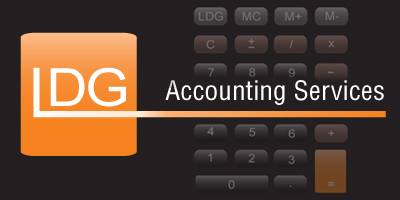Equity vs Debt Financing
1. Ownership and control:
Equity financing involves selling ownership shares of your business to investors, which means you will share control and decision-making power with them. Debt financing, on the other hand, allows you to retain ownership and control of your business while borrowing funds that you will need to repay with interest.
2. Repayment terms:
Debt financing typically involves fixed repayment terms with interest, while equity financing does not require repayment. This means that with debt financing, you will have a clear understanding of your repayment obligations and the cost of borrowing, while with equity financing, you may not know the value of the shares you sold until you have sold them.
3. Risk tolerance:
Debt financing is generally considered less risky than equity financing because you are not risking ownership of your business. However, if you are unable to make your debt payments, you could face serious consequences, such as having your assets seized or your business declared bankrupt. Equity financing, on the other hand, involves sharing the risk with investors, and if your business fails, you may not be personally liable for the debts.
4. Growth and expansion:
If you are looking to grow and expand your business quickly, equity financing may be a better option because it allows you to access large amounts of capital quickly. Debt financing, on the other hand, may limit your ability to grow because you will need to use a portion of your profits to repay your debts.
Consult With a Financial Professional to Determine if Debt Financing or Equity Financing is Best for You
In summary, both equity and debt financing have their advantages and disadvantages, and the decision to seek one or the other depends on your business needs and goals. It's important to carefully consider your options and consult with a financial professional before making a decision. At LDG Accounting, we focus on helping our clients make the best financial decisions for their business. Feel free contact us today to discuss your accounting and financial needs.











